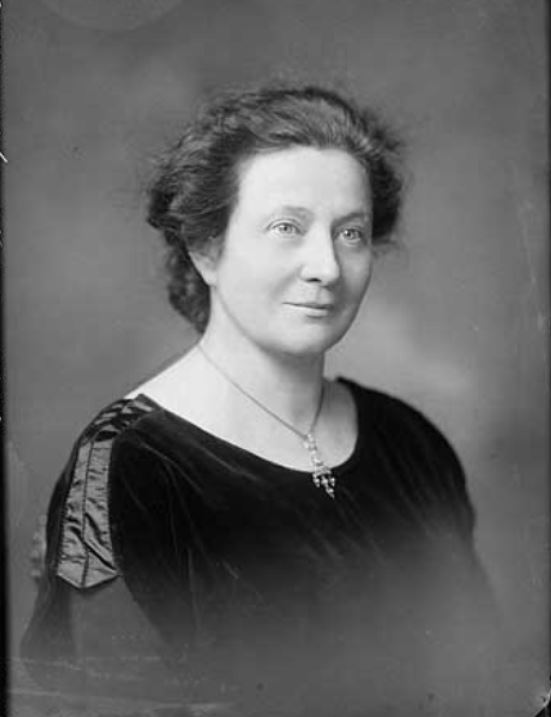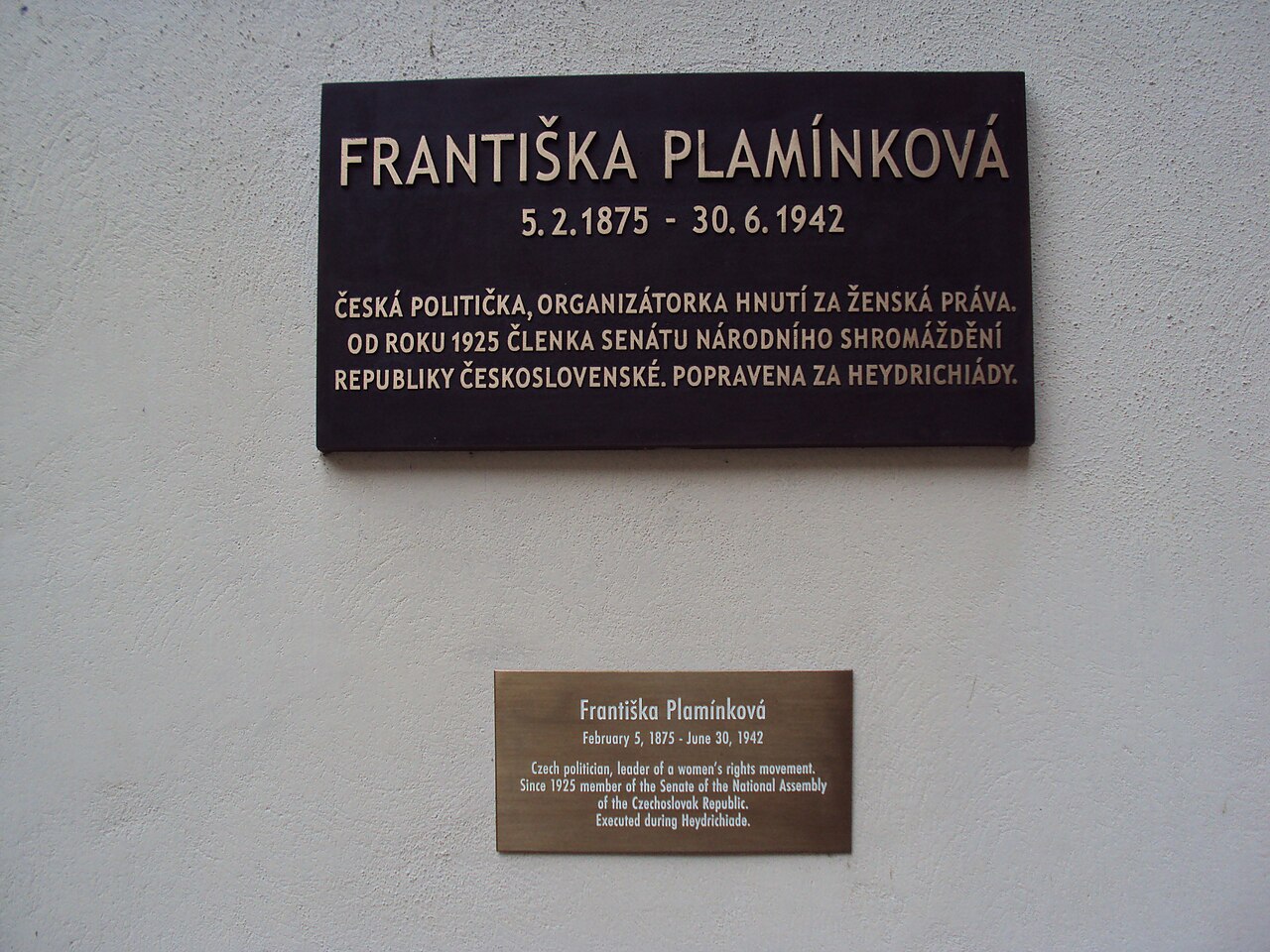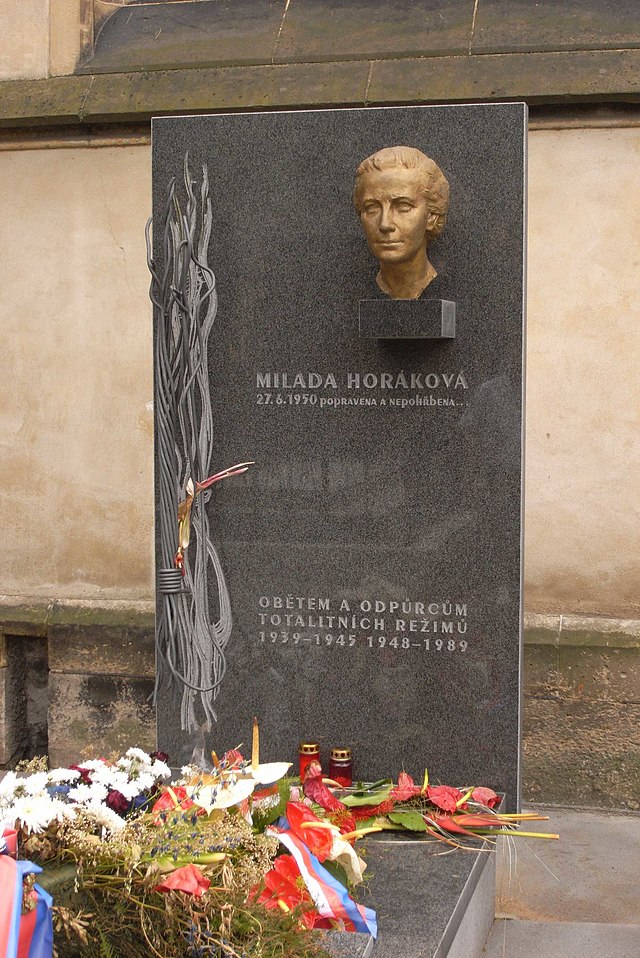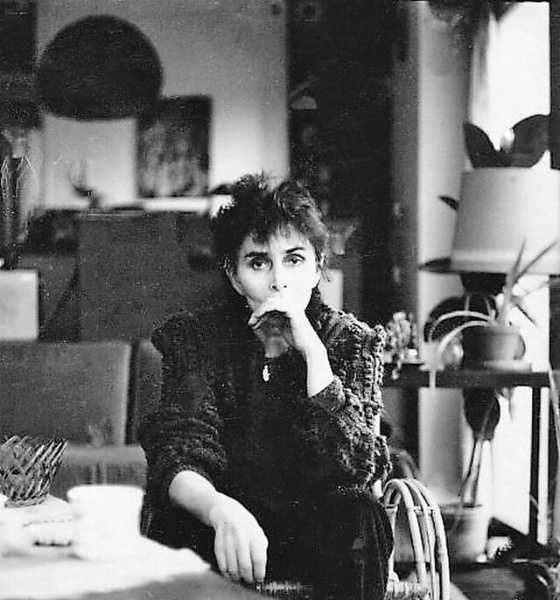
Suffrage movement – Praha
Czech figure of the „The emancipation of women” topic
The political phase of women’s movement in the Czech lands commenced at the onset of the 20th century. The burning issue was, at the time, suffrage limited only to men. The demand for women’s suffrage was considered by the leaders of the emancipation movement as a crucial step in achieving gender equality. Before the First World War, T. G. Masaryk advocated for women’s emancipation in politics. With the foundation of the First Republic, the declaration of gender equality, that is the enfranchisement of women, was incorporated into the new constitution thanks to the efforts of T. G. Masaryk, fulfilling the fundamental demand of the movement.
Legal equality, however, did not always correspond with reality, which even nowadays remains the case. The Women’s National Council (ŽNR), founded by politician Františka Plamínková, fought to ensure equal status of women in everyday life. The ŽNR brought together various women’s associations, provided information, and strived for social rights for women. A close collaborator of Plamínková and a prominent figure in the women’s movement was lawyer Milada Horáková. After World War II, which Plamínková did not survive, Horáková assumed leadership in the re-established women’s organization, the Council of Czechoslovak Women (RČŽ), which worked to uphold women’s political and social equality. In the RČŽ, members of different political parties were still able to cooperate, but after the communist coup of 1948, the Czech women’s movement lost its non-partisan character and was integrated into the structures of communist power. Although the women’s movement made significant progress toward gender equality in the 1950s, the tradition of a democratic women’s movement eroded.
In practice, however, gender inequality lasted. Criticism of inequality appeared just exceptionally during the second half of the 20th century, with director V. Chytilová being the exception to devote to feminist issues. The Czechoslovak dissident movement widely ignored the question of women’s rights and the public discourse on status of women resurfaced only in the 1990s.
The view of contemporary Czech society on the women’s movement focuses primarily on the particular figures. However, the connection between the modern women’s movement and the socialist era complicates its legacy, which leaves the topic marginalised.
Facts




